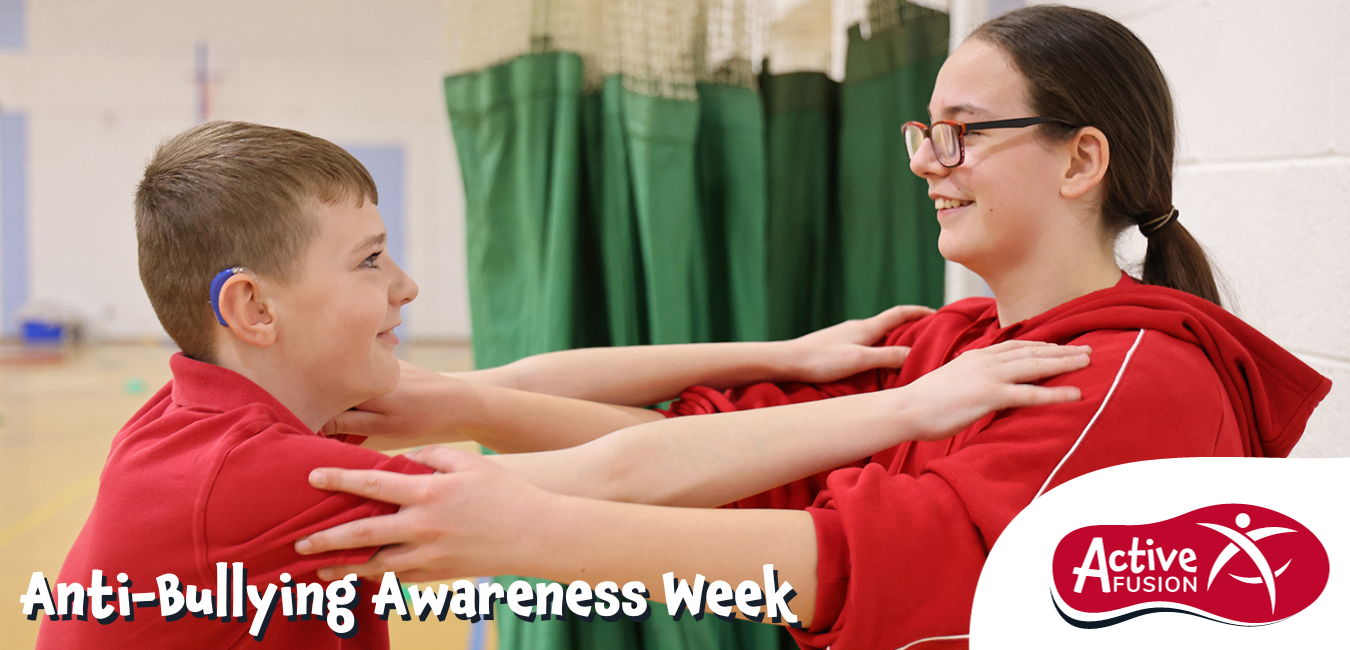Anti Bullying Week 2023: Creating A Kinder World For Our Children
How to recognise the signs and promote an environment of kindness and nurture.
As Anti-Bullying Week gets underway, it’s a crucial time for us to reflect on the significance of fostering safe and respectful environments for our children within our schools and communities. Bullying, in its various forms, can inflict deep emotional wounds and have long-lasting impacts on its victims. But this week isn’t just about recognising the problem; it’s about taking action and spreading kindness to create a culture of empathy and support.
Recognising The Signs
Bullying is not always overt, and sometimes its signs can be subtle. To effectively combat it, being able to recognize the signs is crucial. Both parents and teachers play pivotal roles in detecting these indicators.
Signs for Parents:
- Behavioural Changes: Sudden withdrawal, unexplained injuries, or a decline in academic performance.
- Emotional Responses: Noticeable mood swings, anxiety, or reluctance to go to school.
- Social Isolation: The child might be isolated from friends or avoid social activities they previously enjoyed.
Signs for Teachers:
- Observing Interactions: Noticing aggressive behaviour, social exclusion, or the targeting of specific students.
- Changes in Participation: A sudden change in academic performance or a student becoming withdrawn in class.
- Emotional Cues: Anxiety, fear, or signs of distress during certain activities or social situations.
Spreading Kindness and Love
Addressing bullying involves a collective effort. Creating a culture of kindness and empathy not only helps prevent bullying but also fosters an environment where everyone feels supported and valued. Here’s what you as a parent and/or teacher can do to help facilitate a nurturing and safe environment for all.
Actions for Parents:
- Open Communication: Create an environment where children feel comfortable discussing their experiences and feelings.
- Leading by Example: Demonstrate empathy and kindness in your own interactions and relationships.
- Encourage Positive Relationships: Teach the importance of understanding and valuing differences.
Actions for Teachers:
- Educational Initiatives: Implement anti-bullying programs and lessons that focus on empathy and respect.
- Create Safe Spaces: Encourage open discussions and establish safe reporting mechanisms for students.
- Lead by Example: Show kindness and empathy in your interactions with students and colleagues.
It’s also key to encourage children to play a part in creating this safe environment. Uplift children to support each other by standing up for classmates and support those who might be experiencing bullying. Ask them to invite others to join activities or groups and encourage open communication with trusted adults if bullying is observed or experienced.
Anti-Bullying Week is an opportunity for us to unite against this pervasive issue and to emphasise the power of kindness, empathy, and respect. It’s about fostering a community where every individual feels valued, safe, and empowered to make a positive difference.
By recognising the signs of bullying and actively spreading kindness, parents, teachers, and children play crucial roles in creating a supportive and inclusive environment. Together, we can build a world where empathy prevails over cruelty, and where every individual feels they belong and are respected.
Let’s make every week Anti-Bullying Week by promoting kindness, respect, and understanding throughout the year. You can access helpful well-being resources here. If you or someone that you know are experiencing a mental health crisis, please contact your local NHS urgent mental health helpline here.

